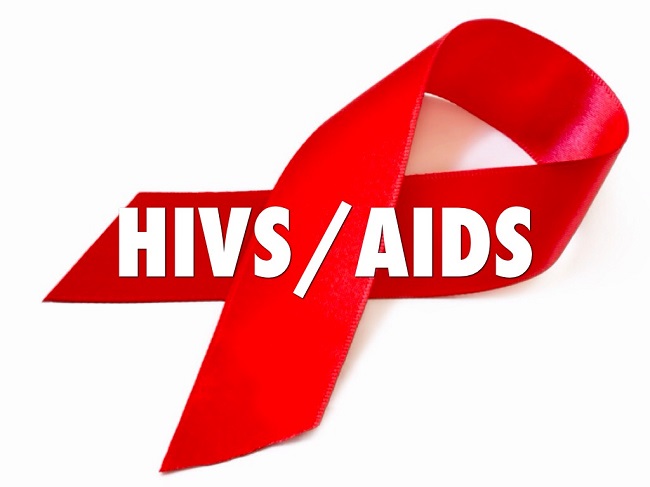
The Joint United Nations Programme on HIV/AIDS (UNAIDS) has decried the high infectious rate of the Human Immunodeficiency Virus(HIV) among the key populations across the world
It said, across the world, key populations such as gay men and other men who have sex with men, sex workers, transgender people, people who inject drugs, incarcerated people and their partners continue to be disproportionately affected by HIV.
The UNAIDS Deputy Executive Director, Programmes and Assistant UN Secretary-General, Dr Angeli Achrekar, in her keynote address at the ongoing 2024 Nigeria HIV Prevention Conference in Abuja, therefore, recommended that urgent action must be taken to end inequalities that fuel the AIDS epidemic.
“We can do this by removing discriminatory laws that leave people behind because of their gender identity or sexual orientation, and changing policies that exacerbate current structural and social inequalities.”
“We must stop all forms of discrimination, stigmatisation and the violation of human rights of anyone, anytime, anywhere. When we stop these harmful practices, everyone benefits.”
“We need to act at the community, local, state, national levels to protect everyone’s rights in our spaces.”
Achrekar also recommended partnership strengthening as the global economic downturns have not spared the global health sector.
“Globally, there was a 3% decrease in international funding for HIV between 2022 and 2021.”
“In 2022, there was an estimated 90% funding gap for HIV prevention programs for key populations. Without intentional action by countries, this trend will continue and will have consequences on the global HIV response and progress in reducing new HIV infections could be reversed.”
She also tasked Nigeria and other countries to innovate si as to stretch resources further and enhance the quality of prevention to mitigate the decreasing funding for HIV globally.
ALSO READ: Lagos govt gets N3.9bn oil derivation fund — Commissioner
“Nigeria, like many other nations, must innovate to stretch resources further and enhance the quality of prevention services. Fostering collaboration across diverse sectors is essential to achieving our goals in HIV prevention.”
“I see opportunities under the Ministry of Health and Social Welfare in Nigeria where the NACA is now domiciled to improve synergy between institutions and to reduce costs.”
“UNAIDS is committed to supporting the country through this transition and leveraging opportunities to strengthen a renewed multisectoral response and increasing resource-efficient approaches for social protection, community health insurance and universal health coverage for people living with HIV and key populations.”
“Critical to the sustainability of the HIV response is integration. This includes integrating HIV into the broader health and development programmes to increase synergies that may lead to a resilient and responsive HIV response in the broader health ecosystem.”
“Since 2010, Western and Central Africa has seen a 49% decrease in new HIV infections – a testament to the hard work and dedication of countless individuals and organisations.”
She also said despite the global achievements, there is still much work to be done, while adding: “We must continue to push forward, addressing existing challenges and anticipating new ones.”
“We will continue the journey ahead, step by step, together in a collaboration that allows us to pool our unique strengths and resources, thereby enhancing progress toward achieving our goals.”
“As we renew our commitment to ending AIDS as a public health threat by 2030, let us recognise the central role of HIV prevention in our effort.”
“Together, let’s harness every resource to advance this vital work by integrating HIV prevention into broader health and well-being initiatives. This comprehensive approach will not only stop HIV transmission but will also create a healthier, more resilient society.”
“Collaborating with affected and vulnerable communities, including women, girls, key populations, and the faith communities and integrating health sector efforts with those of other relevant sectors and partners will create synergies that not only help AIDS but also advance broader developmental goals.” She added.
NIGERIAN TRIBUNE
Source: